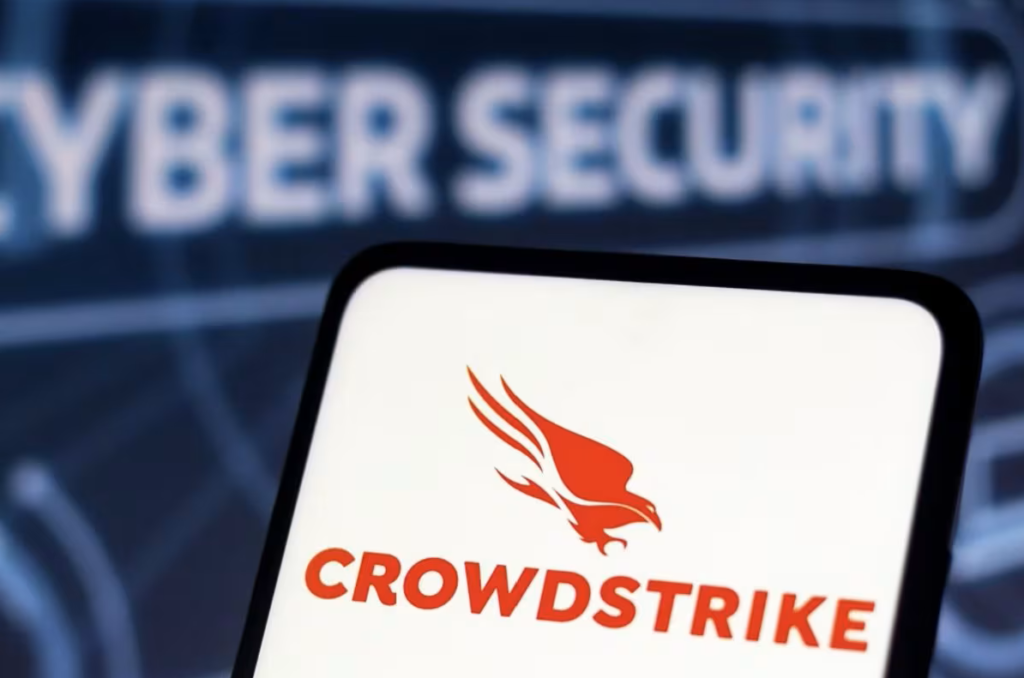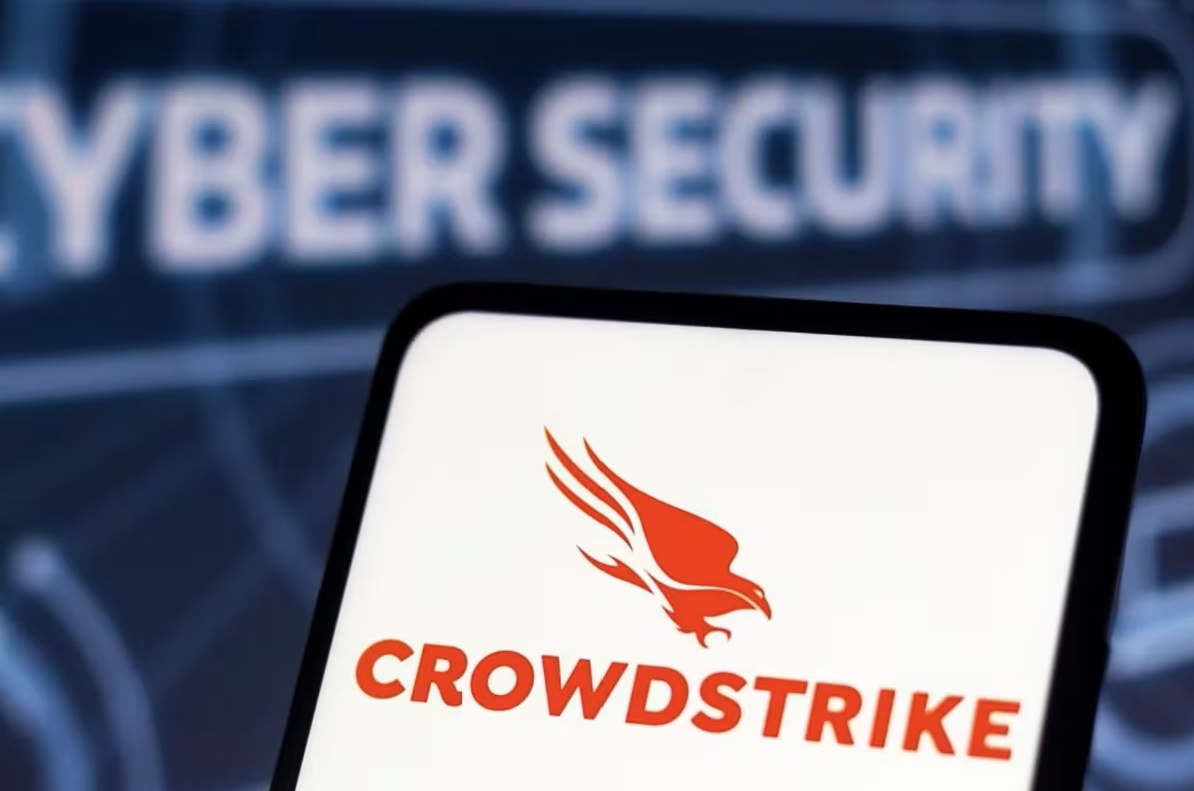by Jan Michael Carpo, Reporter
Last July 19, a catastrophic software update from security company CrowdStrike brought global IT disruptions, highlighting the dangers of relying heavily on a few tech giants.
This incident has reignited concerns about the vulnerabilities in the digital economy.

IMAGE CREDIT: https://www.news18.com/
The fallout was widespread, affecting banks, airlines, TV stations, and various essential services which caused a halt in daily activities. The problematic update, applied to systems running on the Microsoft Windows platform, led to machines freezing and displaying the notorious “Blue Screen of Death.”
CrowdStrike becomes a household name, but not in a good way
“Today, CrowdStrike has become a household name, but not in a good way,” remarked Dan Ives of Wedbush Securities. “This will take some time to settle down.”
As more activities migrate to the cloud or specific apps and platforms, this breakdown has sparked intense debates about the immense power that internet companies wield over the increasingly digital global economy.
In a press statement, US Consumer Financial Protection Bureau Director Rohit Chopra warned: “We’re just getting a taste of some potential effects of real reliance by the financial sector and sectors across the economy on a handful of cloud companies and other key systems.”
Chopra further highlighted the dangers of having much of the economy resting on a few major cloud providers, an observation shared by Dan Coatsworth, an investment analyst at AJ Bell, who helped shed light on the broader implications of this incident saying, “The world grinding to a halt because of a global IT meltdown shows the dark side of technology.”
Impending shift towards cloud computing
The world’s shift towards cloud computing sees companies relying on servers from tech giants like Amazon’s AWS, Google Cloud, and Microsoft’s Azure, rather than developing their own infrastructure. However, Friday’s events underscored the risks of such dependence.
CrowdStrike’s CEO, George Kurtz, expressed profound regret, stating on NBC’s “Today” show, “We’re deeply sorry for the impact we’ve caused to customers, travellers, and anyone affected by this.”
While Microsoft pointed fingers at CrowdStrike, experts emphasized the broader issue of concentration risk. Michael Daniel, president of the Cyber Threat Alliance and former White House cybersecurity coordinator, stressed, “How do you balance the benefits of having everybody on the same operating system with the concentration risk that poses?”
The move towards a few dominant players in the cloud space magnifies the impact of any system vulnerability or failure. Callie Guenther, senior manager of cyber threat research at Critical Start, warned, “One mistake, similar to CrowdStrike’s on Friday, jeopardizes the global society’s ability to function normally.”
Businesses must avoid complacency in outsourcing technology to large vendors without additional contingency plans. Andrius Minkevicius, co-founder of Cyber Upgrade, observed, “Today, we’re seeing an example of those who relied mostly on vendor-offered cyber protection without additional contingency plans and are now suffering reputational and financial damage.”
Experts predict that regulators and officials will scrutinize this incident closely. Michael Daniel concluded, “CrowdStrike will probably have to let some outside people come in and examine how this happened.”
According to Daniel, the July 19 event only served as a critical reminder of the vulnerabilities in our tech-dependent world and the need for robust contingency planning.








